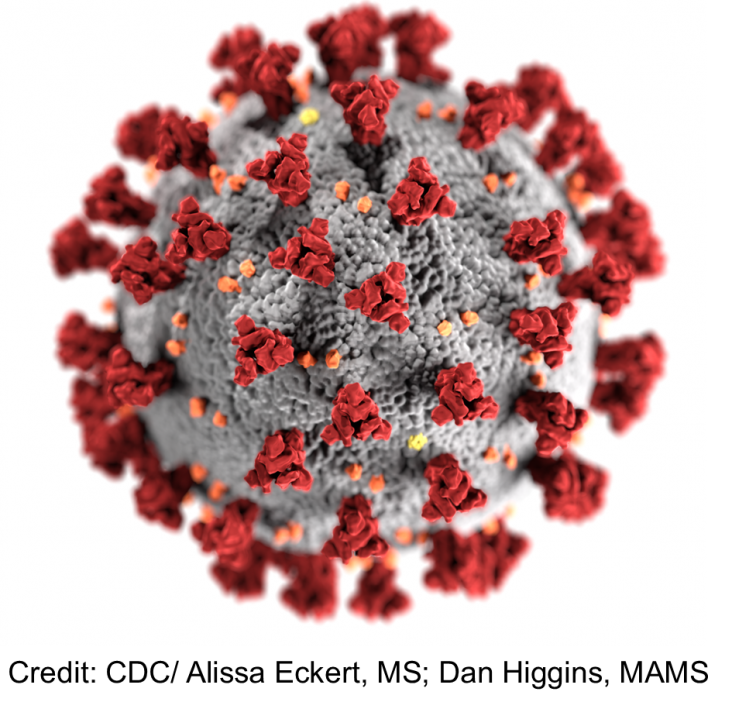Speeches Shim

The United States Government, through the U.S. Agency for International Development (USAID), the U.S. State Department, and the U.S. Centers for Disease Control and Prevention (CDC), has provided more than $19 million to help Zimbabwe respond to the COVID-19 pandemic. The assistance focuses on preventing and controlling COVID-19 infections, providing reliable health information, maintaining vital health services, increasing humanitarian assistance, and improving access to safe drinking-water, sanitation, and hygiene.
The U.S. Government funding builds upon long-term U.S. assistance in Zimbabwe. Over the last 30 years, the United States has invested more than $3.2 billion in Zimbabwe, including more than $1 billion in health assistance to reduce preventable deaths and lessen the disease burden due to HIV and AIDS, tuberculosis, and malaria, especially among women and children under five. Through these investments, the U.S. Government has helped lay the foundation for the COVID-19 response in Zimbabwe, equipping clinics, hospitals and laboratories, training healthcare workers, and bolstering health supply chain management services.
For decades, the United States has been the world’s largest provider of bilateral assistance in global health -- putting countries across the world in a better position to respond to this dangerous pathogen. Across the world, the U.S. Government is responding to the COVID-19 pandemic by supporting more than 120 affected countries through addressing critical needs of health care facilities, health care workers, and patients; strengthening laboratories and disease surveillance; improving infection prevention and control; increasing rapid-response capacity; and providing reliable information to the public.
COVID-19 IMPACT & ACTIVITIES TO DATE
Preventing and Controlling COVID-19 Infections
USAID and CDC provided over $6 million to: train more than 8,000 healthcare workers in comprehensive and advanced COVID-19 case management; enhance central and district-level surveillance; strengthen infection prevention and control in more than 670 healthcare facilities; and support vaccine preparedness. The funds also contributed towards increasing laboratory diagnostic capacity including supporting testing quality assurance and development of virtual learning and training. Through the International Atomic Energy Agency, the United States Government also provided Zimbabwe with COVID-19 testing supplies for 4,000 testing samples.
Providing Reliable Health Information
USAID and CDC will help disseminate reliable information on COVID-19 to the Zimbabwean public through supporting the development of national communication guidelines, community radio and social media campaigns, and printing of nationally coordinated materials for over one million Zimbabweans.
Maintaining Vital Health Services
The U.S. Government has built systems which will help Zimbabweans access life-saving health services safely during the global pandemic. The U.S. President’s Emergency Plan for AIDS Relief redirected $150,000 to support COVID-19 prevention measures specifically targeted for people living with HIV. USAID and CDC worked with partners on the ground so that Zimbabweans living with HIV could collect at least three months of antiretroviral medicines at a time, limiting their potential exposure to COVID-19 and protecting their health. USAID and CDC support safer essential service delivery at facilities, including social distancing and infection prevention and control measures.
Increasing Humanitarian Assistance
COVID-19 and its associated social distancing measures have increased both rural and urban vulnerabilities and unavoidably exacerbated an already precarious food security situation in the country. The United States is providing an additional $10 million for food assistance to reach nearly 100,000 vulnerable Zimbabweans in urban areas for six months during the COVID-19 crisis. This builds on the $86.9 million already provided to reach over 1.8 million Zimbabweans with humanitarian assistance during the 2019-2020 lean season. The U.S. Department of State also contributed $1.3 million towards support for returning residents during the COVID-19 pandemic.
Improving Access to Safe Drinking-water, Sanitation and Hygiene
For increased access to safe drinking-water, sanitation, and hygiene (WASH) services, USAID is also providing $2 million to have an important positive impact on health outcomes both during and post pandemic.
For more information about how USAID is responding to COVID-19 across the world, please visit www.usaid.gov/coronavirus.
For more information about how CDC is responding to COVID-19 across the world, please visit https://www.cdc.gov/coronavirus

Comment
Make a general inquiry or suggest an improvement.